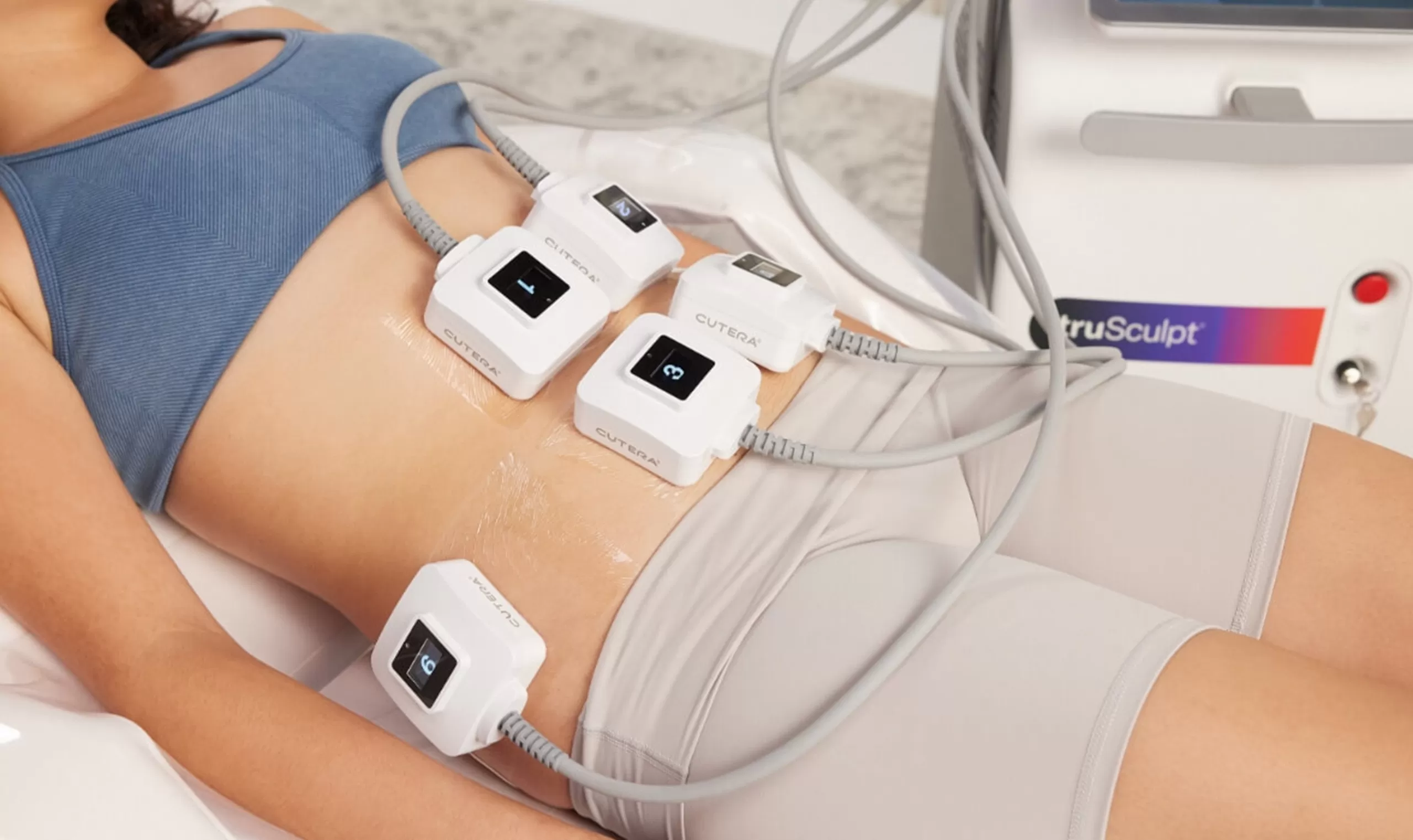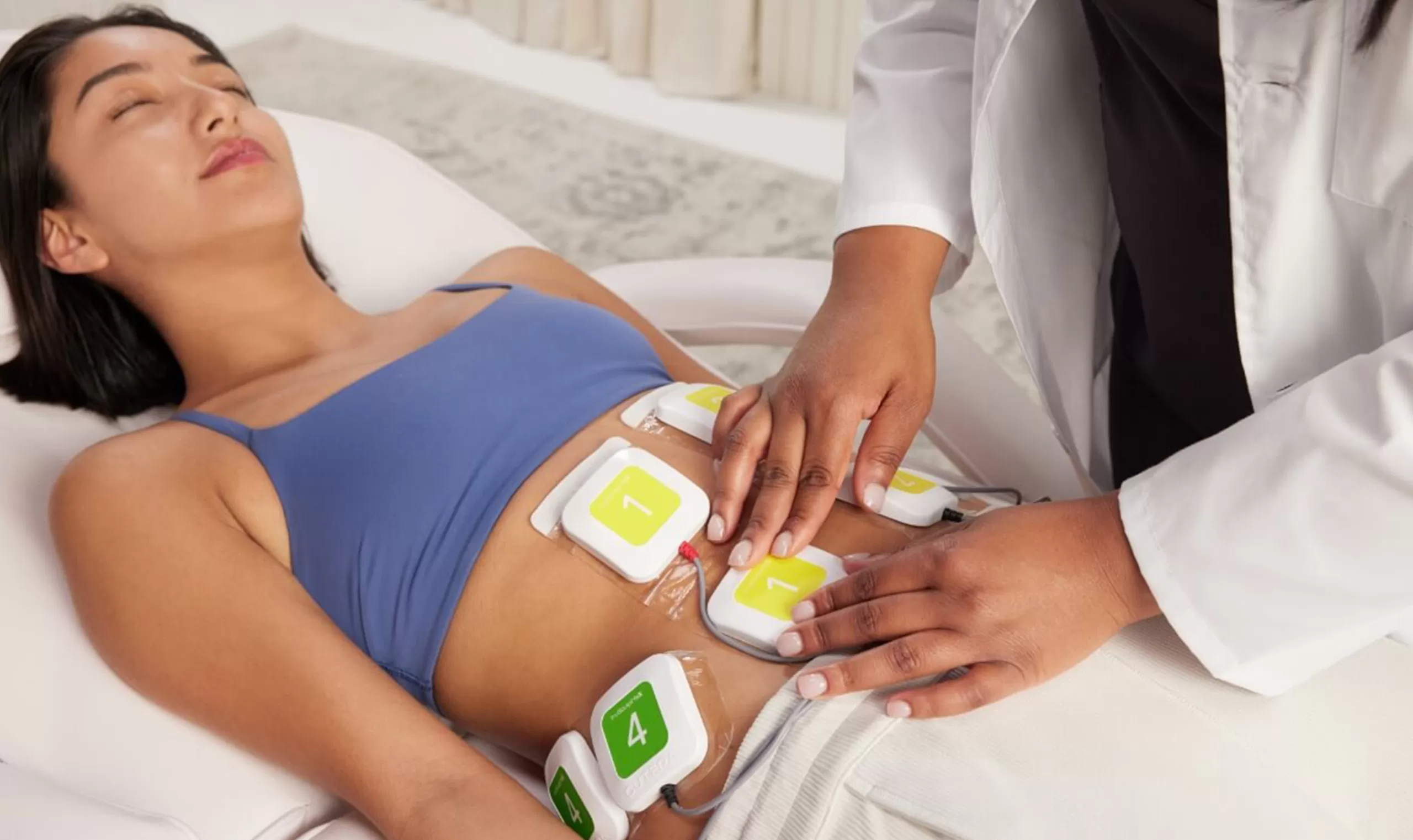The majority opinion in the world of skin care is that the aging process kicks off at 29 years old. This is when the collagen fibers in your skin start losing elasticity. However, there are a number of factors that can influence your personal aging processes, such as lifestyle, genetics, nutrition, and sun exposure. It’s important to be aware of these factors and take an active role in your skin care to combat the early signs of aging continue looking your best.

When Should I Start A Skin Care Regimen?
From your 20s onwards, skin structure starts to change due to decreasing levels of collagen and hyaluronic acid in the skin. We rely on these substances to create healthy and plump looking skin, so when they decrease the signs of aging become more prominent.
This starts with the appearance of fine lines and wrinkles along with gradual sagging and a loss of volume. But don’t panic. A good skin care regime can go a long way towards regulating the speed at which your skin shows the appearance of aging, especially when you start early.
Skin Care In Your 20s to Combat Early Signs Of Aging
Your 20s is the best time to start looking after your skin properly and your initial regime will be very prevention oriented.
The time and dedication you give to your skin care in our 20s will determine what your skin will look like in the future, so it’s pretty important! In recent years, more and more people are taking better care of their skin early on and taking preventative action against aging.
Although your skin is at its best during your 20s, it can still be damaged by a combination of factors such as UVA exposure, poor skin care, genetics, bad diet, hormonal changes, and genetics.
Wearing SPF is essential at this time of your life. This will help you to maintain your youthful skin and protect it from wrinkles and pigmentation. You should also monitor any recurring skin problems that you have and address them immediately with a tailored regime. Skin care options at this point include micro-needling, skin peels, and laser treatments such as Photofacials to treat discolouration and loss of firmness.
Skin Care In Your 30s
You’ll start to see the first visible signs of aging in your 30s as skin thinning occurs and your body produces less collagen and hydrochloric acid to keep it plump and supple. Your skin may start to appear lined, dull, and wrinkled. Other issues such as pigmentations, milia, and rosacea can also become more visible.
Treating visible issues is important at this time, alongside following a skin program to prevent further skin damage and aging. Most women who consider Botox do so in their 30s (although “Baby Botox” is also a preventative option in your 20s).
Other non-invasive laser treatments can also be considered and these will increase collagen production. Dermal Fillers are also recommended for addressing the loss of volume in the face around the smile lines, cheeks, and tear troughs.
Skin Care In Your 40s
Most women will become very aware of the visible signs of aging during these pre-menopausal years. Loss of volume is a big issue at this stage and starts in the upper face to mid-face. Skin elasticity also starts to break down resulting in crepey, lined skin.
Luckily there are a combination of treatments available to mature women such as volumisng and resurfacing. Firstly, Botox will deal with the dreaded crows feet and forehead creasing.
Our skin experts also advise clients to add Retional to their skin regimen x3 times a week and try out Fillers for volume replacement. Other issues such as fine lines, large pores, wrinkles, scars, and uneven texture, can be treated by Photofacial and Laser Facial to support natural skin rejuvenation.
Skincare In Your 50s
The aging process accelerates rapidly during and post-menopause. The skin starts to deteriorate superficially and this becomes immediately visible. This deterioration can be improved by using skin resurfacing treatments and following an intensive skincare routine. The loss of moisture also experienced at this age will make the skin on the face appear saggy and crepey with obvious signs of aging around the eyes.
This loss of hydration and plumpness can be addressed by Dermal Fillers, and skin firming laser treatments such as Laser Facial can be used to target wrinkles. Other laser treatments can be used to address fat and tighten and sagging skin, such as under the chin.
Skincare In Your 60s +
In your 60s, cell renewal and repair decelerates, which makes wrinkles appear deeper, veins more prominent, and thinning skin appear more translucent. The skin’s ability to heal is impaired as collagen production reduces significantly and the skin becomes lax and weakened.
It’s best to look after your skin at this age using a combination of resurfacing and contouring treatments that will leave an immediately visible impact. Dermal Fillers can help to correct volume loss and decrease the appearance of deep wrinkles such as marionette lines and nasolabial folds.
Laser treatments provide an excellent alternative to a facelift at this point as they help to tighten and lift the skin on the neck/face and stimulate collagen growth. Botox should still be utilised at this stage to soften forehead and frown lines, in addition to targeting crows feet and lines around the neck
Our Experts at Lipstick Empire Are Here To Guide You on how to Combat Early Signs Of Aging
By following the correct skin regimen under an expert eye, you can combat the early signs of aging without the need for invasive surgery. Our skincare consultants at Lipstick Empire are excited to guide you through your skincare journey at any stage of your life and help you choose the right treatments for you. Call us on 1 (587) 523-5477 to book your free consultation today!







